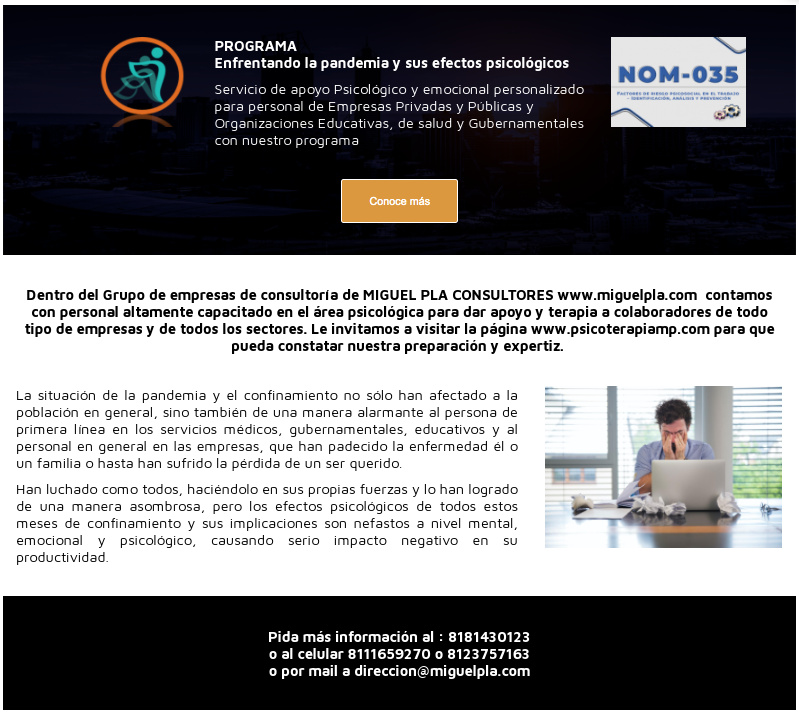Are You Really Listening ?
The only effective way to listen when practicing critique is to slow down, suspend reaction, and judgment, and give the person speaking your undivided attention. Sincere listening, especially by people in positions of authority, honors the person speaking, and encourages clear, direct, and succinct communication.
Listening is not easy in a fast-paced, multitasking culture where we often feel unproductive unless we’re doing at least three things at once. Effective listening happens when you put yourself “in the shoes of” the other person and listen to the ideas and comments with respect and objectivity. Then try taking it one step further, allow yourself be influenced by what is being said, even if—especially If—you disagree. This level of empathy is even more important for leaders, because a leader’s intentions shape the tone and character of discussions. If the intention is open and empathetic, others take that as a cue to be open themselves.
A few key steps to practice effective listening:
• Monitor your emotions. As soon as you feel a strong negative reaction flare up in response to a statement striking you as “wrong, bad, ridiculous, etc.,” force yourself slow down, suspend judgment, and really listen. Strong emotional reactions may point to your own personal assumptions or prejudices that are keeping you from listening objectively.
• Ask, don’t interrogate Use open-ended questions that open up rather than narrow discussions. This is especially true for leaders. People learn every subtle cue from a leader’s tone, body language, and other actions that convey intentions. If they sense defensiveness or disapproval, it may alter an answer, and certainly their candor.
• Encourage discussion. Listening conveys respect. Give the speaker your attention with “tell me more” types of expressions and body language.
• Stand in their shoes. Try to understand the speaker’s point of view, even if (especially if) you don’t agree. This may mean asking questions or restating what the speaker said to ensure understanding.
• Clarify your own understanding. Repeat or restate what you’re hearing if needed. This allows the speaker to clarify understanding.
Listening is a key feature of candor skills. For more information about building candor skills in your organization











